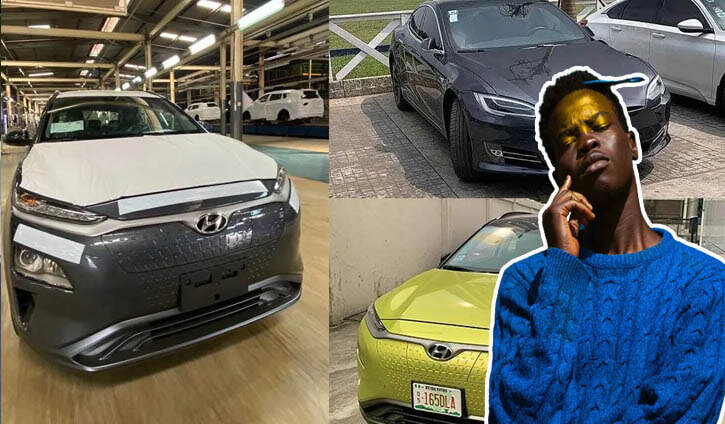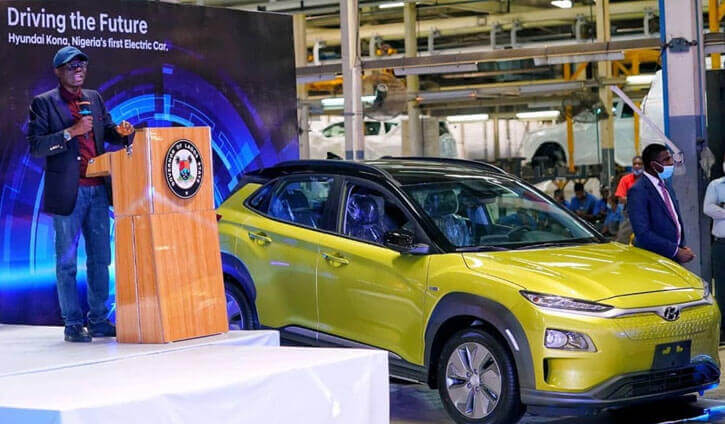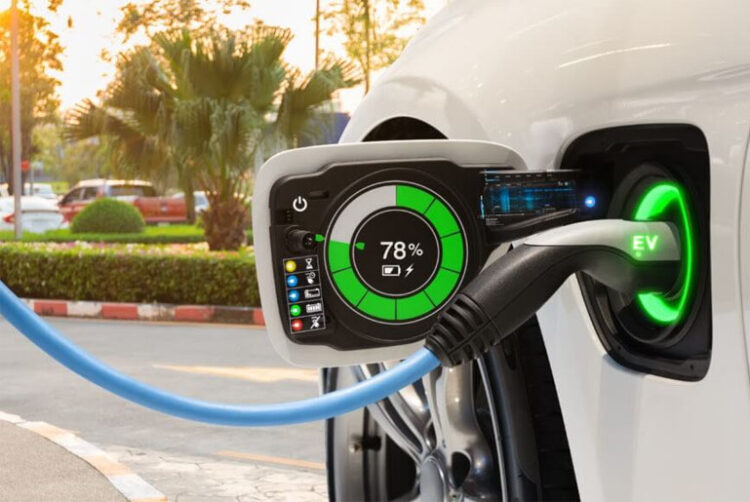Tesla, Toyota Motor, and other automakers are slamming a proposed N5.2 Million electric vehicle tax credit that includes extra money for union-built cars and trucks made in the United States.
Table of Contents
Auto executives, including Tesla CEO Elon Musk, have complained that the N1.8 Million incentive for automobiles produced in a union facility unjustly benefits GM, Ford, and Stellantis (formerly Fiat Chrysler). The United Auto Workers union represents hourly workers for those automakers, which are known as the Detroit 3.

The remarks were made ahead of the House Ways and Means Committee’s discussion of an electric vehicle incentive package on Tuesday as part of a planned $3.5 trillion spending measure. “This is written by Ford/UAW lobbyists, as they make their electric car in Mexico. Not obvious how this serves American taxpayers,” Musk tweeted Sunday night.
The Mustang Mach-E crossover, which is made in Mexico, is currently Ford’s only all-electric car. Beginning next year, Ford plans to produce electric versions of the F-150 pickup truck and Transit van in the United States.
Tesla, like Toyota and other non-domestic automakers, produces the most vehicle batteries and electric automobiles in the United States, yet its workers are not represented by a union. Hyundai, Kia, Honda, and Nissan are among the automakers who reject the law, claiming that the union-created incentive is unjust and discriminatory.
A N3.1 Million tax credit is now available for the purchase of a plug-in electric vehicle, with an additional N206,000 if the vehicle’s battery is built in the United States. The plan also eliminates the credit’s 200,000-vehicle phase-out, making it available to GM and Tesla consumers once more. Buyers of electric vehicles made in the United States by unionized workers would receive an additional N1.8 Million in tax credits, bringing the total incentives to N5.2 Million.
Toyota called the bill “unfair” and “wrong,” claiming that it discriminates against its non-unionized employees in the United States.
“The current Ways and Means Committee draft makes the objective of accelerating the deployment of electrified vehicles secondary by discriminating against American autoworkers based on their choice not to unionize,” Toyota manufacturing executives wrote to the committee’s chairs on Monday. “This is unfair, it is wrong, and we ask you to reject this blatantly biased proposal.”
In a statement on its website, Honda made similar remarks: “If Congress is serious about addressing the climate crisis, as well as its goal to see these vehicles built in America, it should treat all EVs made by U.S. auto workers fairly and equally. We urge Congress to remove discriminatory language tying unionization to incentives from its budget reconciliation proposal.”
The EV incentive program has the endorsement of GM, Ford, and Stellantis.
In a statement, Kumar Galhotra, Ford president of the Americas and International Markets, said, “This legislation will help more Americans get into EVs, while at the same time supporting American manufacturing and union jobs”.
President Joe Biden is pro-union and has consistently supported incentives to increase electric vehicle manufacture in the United States.
The EV incentive package is “un-American,” according to Autos Drive America, a lobbying group that represents international automakers in the United States because it creates an “unlevel playing field that will limit consumer choice and punish non-unionized American workers, their families, and their communities.”

According to Reuters, the planned EV credits would last ten years and allow consumers to deduct the credit’s value from the sales price at the time of purchase.
According to the Joint Committee on Taxation, the EV incentive package will cost around $15.6 billion. Rep. Dan Kildee, a Michigan Democrat who initiated the legislation, had estimated the cost at $33 billion to $34 billion.
Aside from the union-created incentive, members of the House Ways and Means Committee questioned the domestic content of the vehicles and if the bill would favour the wealthy on Tuesday.
Individual taxpayers must have an adjusted gross income of no more than N165 Million to qualify for the new EV tax credit, according to the bill. It would also limit the EV credit to vehicles costing no more than N23 Million and trucks costing no more than N31 Million.
Have 1 million naira and above to Buy or Sell Cars In Nigeria? Check carlots.ng
All rights reserved. Reproduction, publication, broadcasting, rewriting, or redistribution of this material and other digital content on carmart.ng is strictly prohibited without prior express written permission from Carmart Nigeria - Contact: [email protected]





